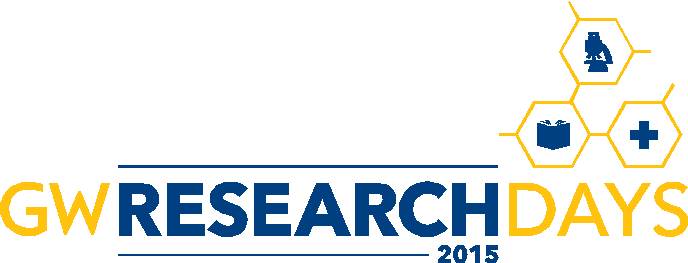Document Type
Poster
Keywords
Schistosomiasis; Occupational health; Africa
Publication Date
Spring 4-16-2015
Abstract
Schistosomiasis is a neglected tropical disease caused by a parasitic flatworm which afflicts over 200 million people in the poorest regions of Africa. Carried by snails living in fresh, stagnant water, the parasite penetrates human skin upon contact, causing the victim to suffer a range of symptoms including diarrhea, blood in the urine, and eventual death. Despite its prevalence, schistosomiasis is preventable, treatable, and curable once a control program is implemented. Substantial reduction of schistosomiasis would relieve suffering and produce many socio-economic benefits, including higher productivity and higher school attendance rates. Disease transmission is directly tied to the environment, and those in certain occupations are at particularly high risk, including agricultural workers and fishermen due to direct contact with unsafe water. The objective of this study was to examine which occupations yield risk factors for acquiring schistosomiasis in Africa. Conducting a systematic review and analysis, 36 peer-reviewed studies were selected from Scopus, Web of Science, and Medline based on inclusion criteria. All relevant evidence from the systematic review concluded that certain occupations result in an increase in risk of schistosomiasis, and that a comprehensive approach to prevention is integral in community health in rural areas. Prevention programming for schistosomiasis should focus on at-risk occupations, including targeting water-resource management, irrigation systems management, and agricultural management, in order to stop the occupation-specific transmission of the disease, which leads to higher schistosomiasis rates in endemic communities.
Open Access
1



Comments
Presented at: George Washington University Research Days 2015.